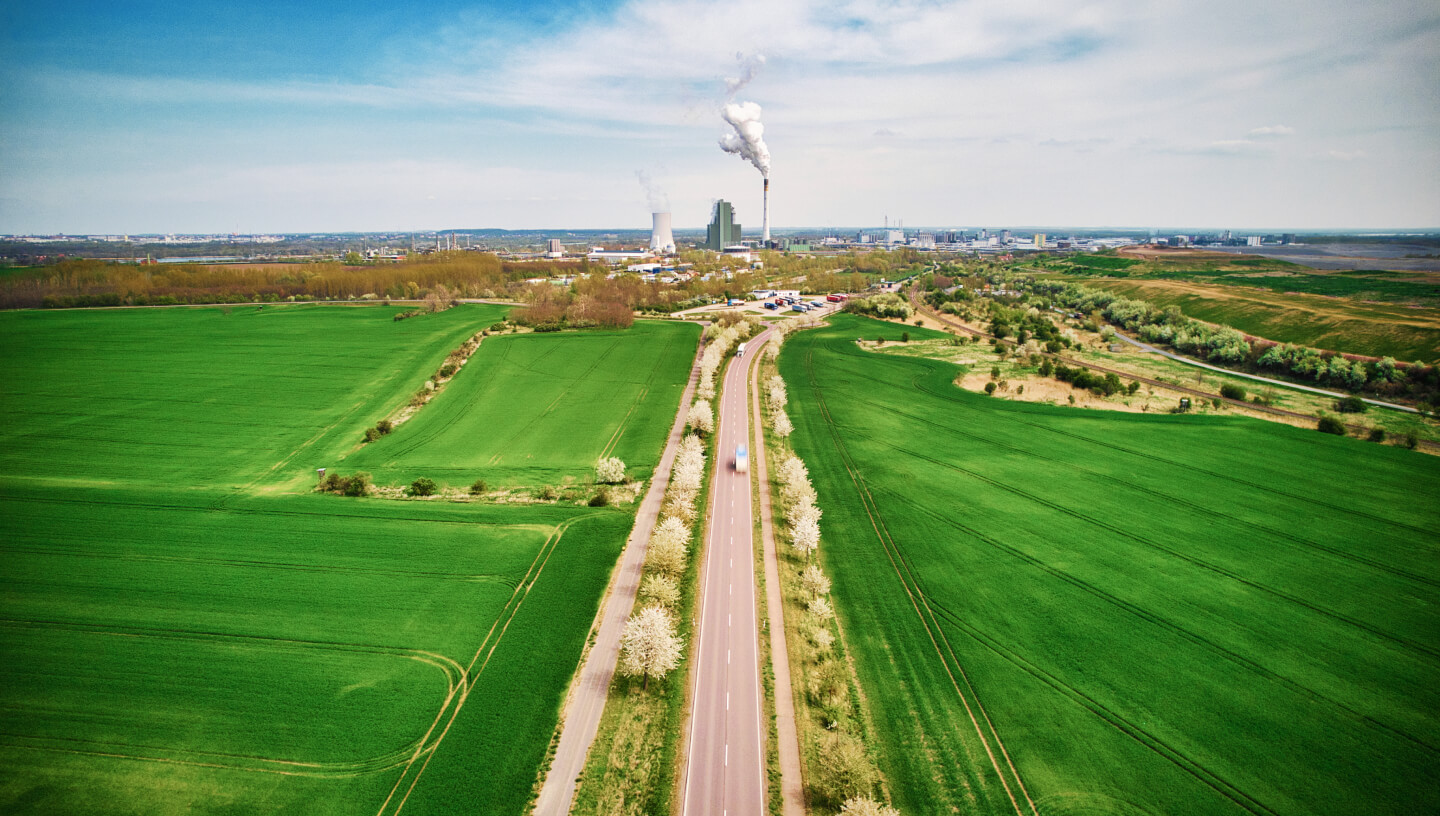 Photo by: ezypix / iStock
Photo by: ezypix / iStock
Conscious, or responsible, production involves a fairly clear list of measures that are designed to reduce the environmental impact of all products. To do so, the company must reduce its consumption of water and energy, reduce waste and reduce greenhouse gas emissions.
If all these conditions are met, the output can be a sustainable product, a product which, at every stage of the production cycle, causes the least possible harm to the environment.
Responsible production must not only be economically viable but also environmentally friendly, and this is a long game: business wants to make a quick profit and does not always take into account the consequences of doing so.
However, conscious production can only benefit the planet in conjunction with conscious consumption, which I consider to be the most beneficial ecohabitat and advocate in every possible way.
Water and air quality will inevitably deteriorate, but our task is not to creep towards the graveyard but to strive to adapt to the changes. Humankind is flexible enough to avoid ecological catastrophe by comprehensively restructuring the economy and social norms to protect the environment.
Despite the rapid polarisation of the world, it is important that countries learn to negotiate, because environmental problems cannot be solved within a single country.
I have seen forecasts that cities will become uncomfortable by 2030 if nothing is done now. This is why we have literally seven years left to change the situation for the better.
Think globally, act locally!
Cover photo: MikeMareen / iStock








Comments